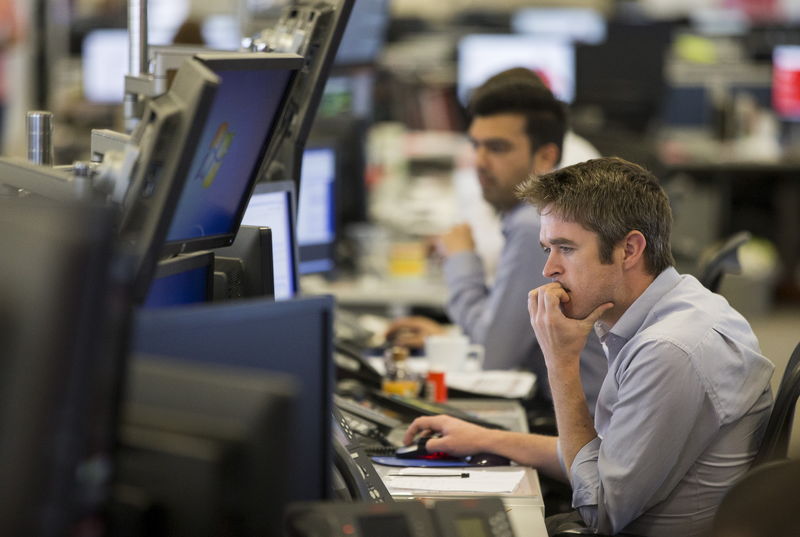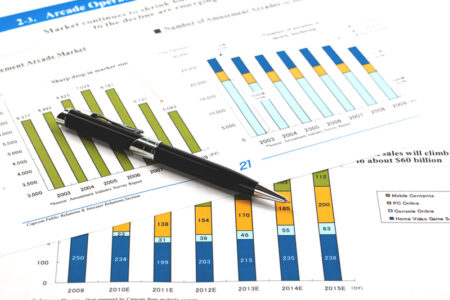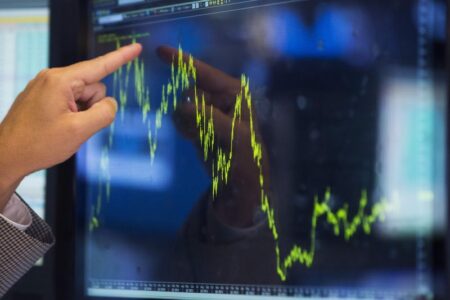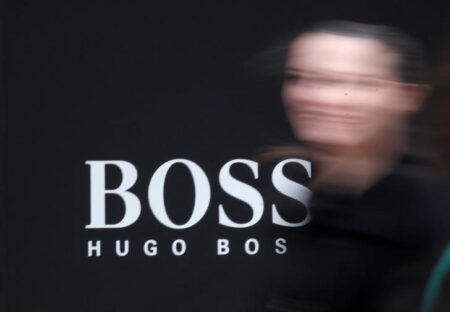By Karen Lema and Christopher Bing
MANILA (Reuters) – Lawmakers in the Philippines, including the head of the Senate’s foreign relations committee, are seeking an investigation into a secret U.S. military propaganda operation that aimed to cast doubt among Filipinos about China’s vaccines during the height of the COVID pandemic.
Philippine Senator Imee Marcos, who chairs the foreign relations committee, and House Representative France Castro filed resolutions in the country’s Congress this week to initiate the probe, according to documents reviewed by Reuters.
A Reuters investigation last week detailed how the Pentagon ran a clandestine influence campaign in 2020 and 2021 to denigrate the Sinovac vaccine and other pandemic aid from China across the developing world. The effort was intended to counter what Washington then saw as China’s growing geopolitical sway around the globe, including in Southeast Asia. It began under former President Donald Trump and ended months after President Joseph Biden took office.
The Senate inquiry is intended to examine the Reuters findings and “determine the ramifications of the actions of the U.S. Military, any potential breach of international law by the United States of America, and the possible legal recourse available to the Philippines, considering that such (an) anti-vax and misinformation campaign threatens national security,” according to the resolution from Marcos, sister of Philippine President Ferdinand Marcos Jr.
Castro’s resolution, which was also signed by two other lawmakers, urges the nation’s House of Representatives to conduct an investigation into the U.S. military campaign. It says “such underhanded tactics by a foreign military power sowing disinformation in the Philippines are a brazen affront to our national sovereignty and the democratic rights of Filipinos to freely access truthful information vital to public health and safety.”
A senior Defense Department official acknowledged to Reuters that the U.S. military engaged in secret propaganda to disparage China’s vaccines in the developing world during the pandemic, but declined to provide details. The official said that new policies and controls had been put in place, following an internal review in 2021, that would block similar operations in the future.
A Pentagon spokeswoman said that the U.S. military “uses a variety of platforms, including social media, to counter those malign influence attacks aimed at the U.S., allies, and partners.” She also noted that China had started a “disinformation campaign to falsely blame the United States for the spread of COVID-19.”
Senator Marcos told reporters in the Philippines this week that she was motivated to investigate the matter because she believed it may have put the lives of Filipinos at risk. At the time of the secret U.S. military operation, the primary vaccine option in the Philippines was China’s Sinovac inoculation. During the pandemic, the Philippines suffered among the worst COVID infection rates in the region, and officials struggled to persuade its citizens to get vaccinated.
The Reuters investigation was based on interviews with more than two dozen current and former U.S officials, military contractors, social media analysts and academic researchers. Reporters also reviewed Facebook (NASDAQ:), X and Instagram posts, technical data and documents about a set of fake social media accounts used by the U.S. military.
Reuters could not determine what impact the military’s influence campaign had on public health in the Philippines. But some American public health experts say the propaganda program endangered lives. “I don’t think it’s defensible,” said Daniel Lucey, an infectious disease specialist at Dartmouth’s Geisel School of Medicine. “I’m extremely dismayed, disappointed and disillusioned to hear that the U.S. government would do that.”
In a statement to Chinese media, a Sinovac spokeswoman also decried the U.S. military’s campaign. “Stigmatizing vaccination will lead to a series of consequences, such as a lower inoculation rate, the outbreak and spread of disease, social panic and insecurity, as well as crises of confidence in science and public health,” said Sinovac spokeswoman Yuan Youwei.
Read the full article here
















